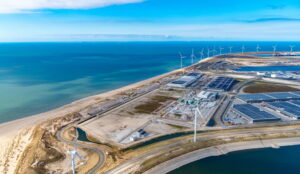US President Donald Trump announced a landmark trade agreement with Japan aimed at reducing tariffs on Japanese automobile imports into the US.
The deal includes a phased reduction of import duties from 27.5 per cent to 15 per cent, alongside Japan’s commitment to invest $550 billion in the US economy.
In return, Japan secured relief from additional levies on steel and aluminium and an exemption from certain US vehicle safety testing requirements.
The agreement also contains provisions for increased Japanese purchases of US agricultural products and support for pharmaceutical and semiconductor supply chains.
Following the announcement, Japanese automakers saw significant stock gains, with Toyota and Honda shares rising by 11 per cent and 8 per cent, respectively.
READ: Thailand-US trade proposal: What it means for shipping
According to Reuters, the Nikkei index also reached a yearly high, signalling positive market reaction.
While welcomed by markets, some US automakers voiced concerns that the deal could disproportionately favour Japanese imports over North American-made vehicles.
The agreement comes as part of a series of trade negotiations ahead of an impending 1 August deadline for the imposition of higher tariffs.
BBC News reported that the deal is seen as a significant step in improving US-Japan trade relations and is expected to benefit the automotive sector by lowering costs and encouraging cross-border investment.
Last week, a tentative trade deal between the US and Indonesia was agreed, reducing the proposed US tariff on Indonesian exports from 32 per cent to 19 per cent








